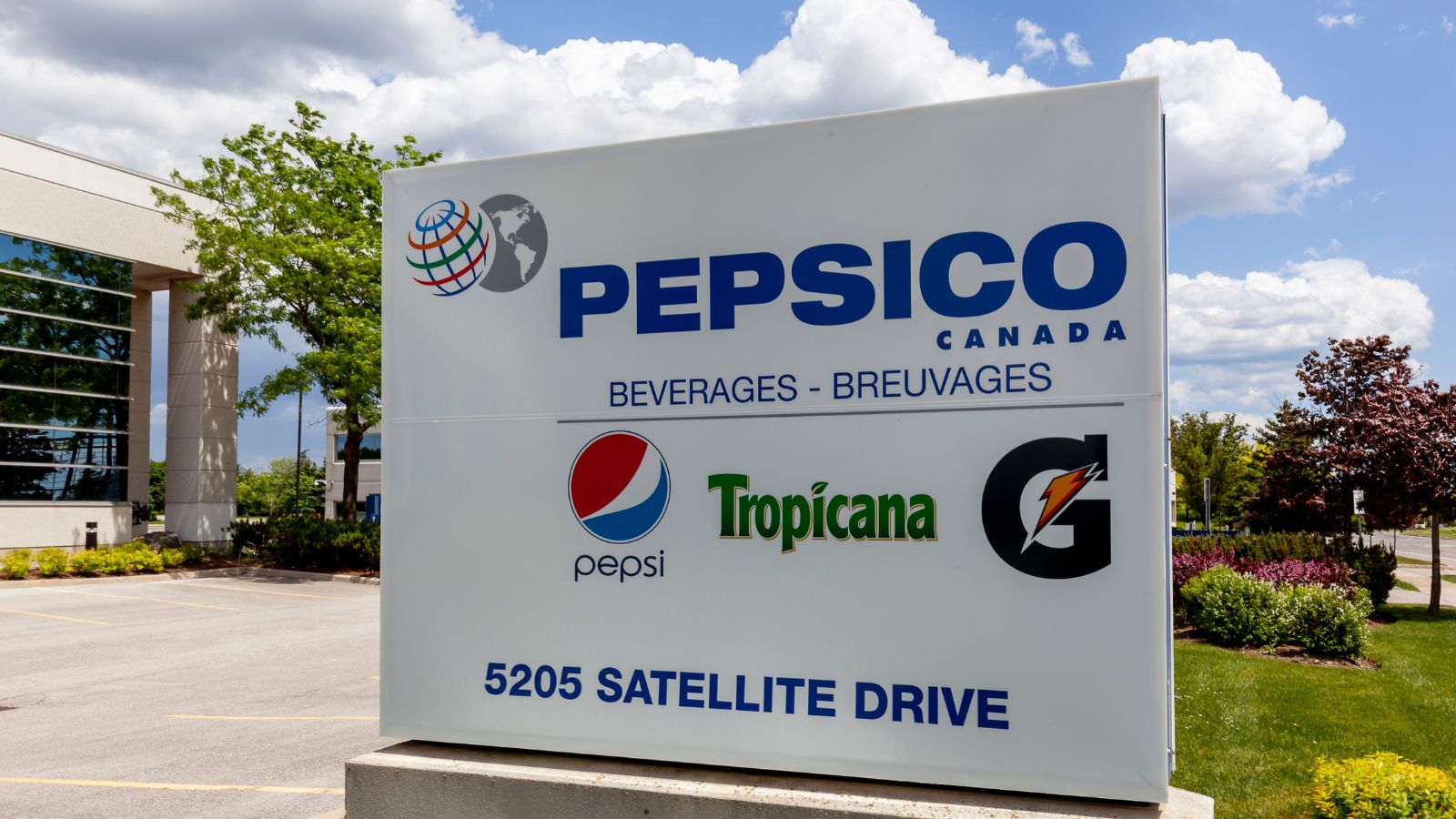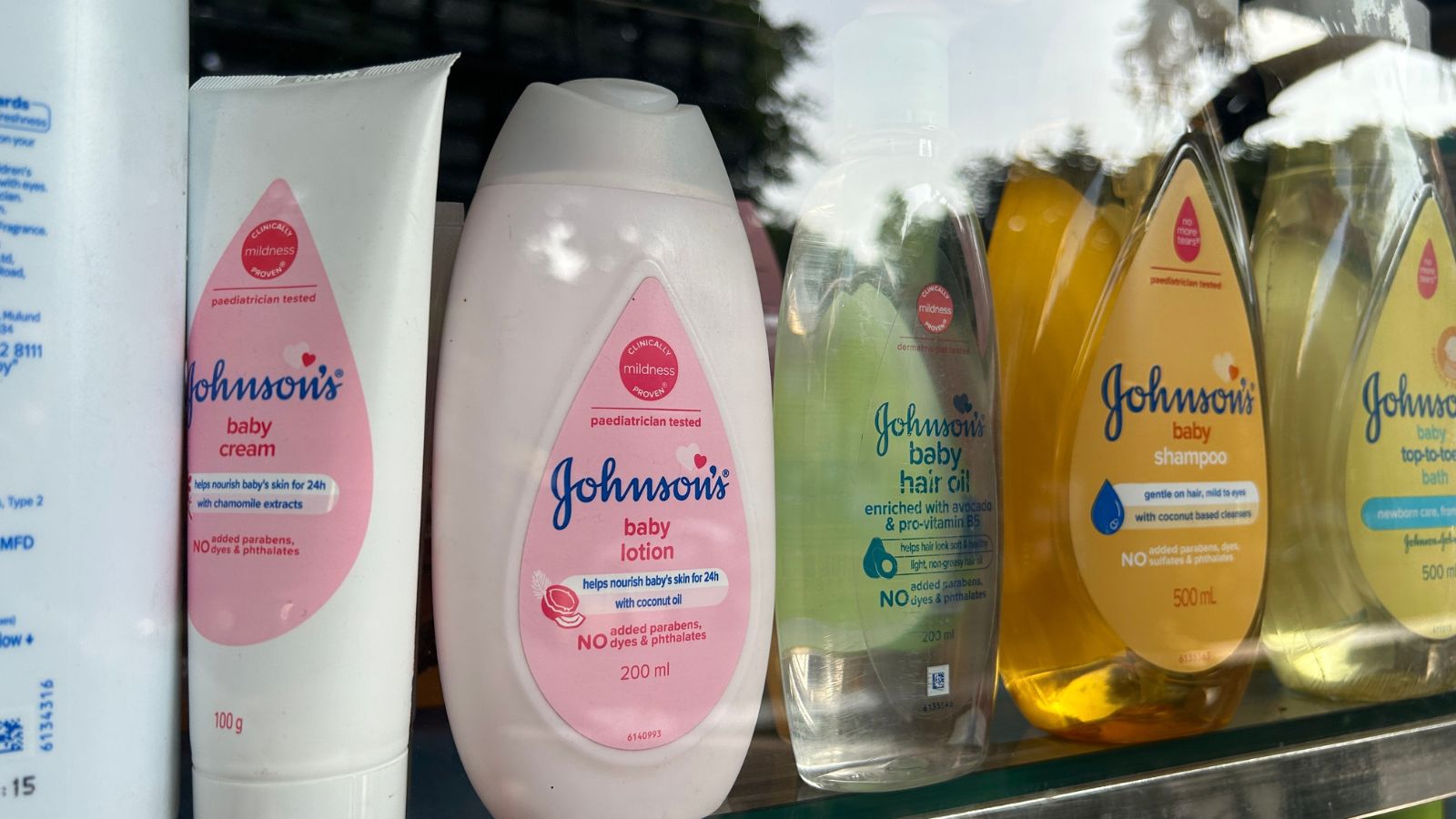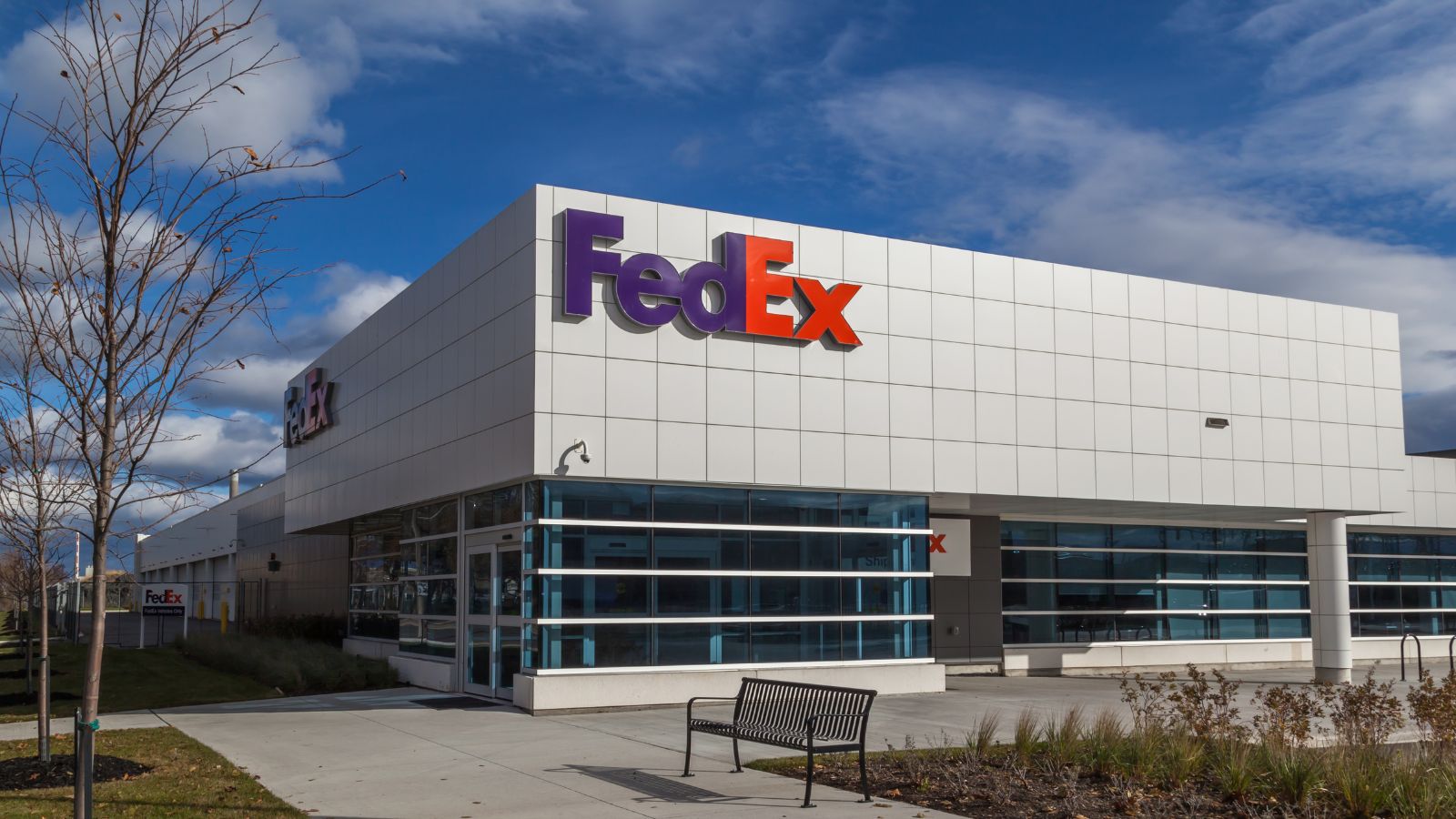In today’s interconnected world, consumers hold incredible power to influence corporate behavior through their purchasing choices. Many Canadians are increasingly concerned about the ethical practices, environmental records, and social impacts of the companies they support. By choosing where to spend their money wisely, Canadians can promote positive change and hold companies accountable. With this in mind, here is a detailed look at 15 American companies Canadians should boycott right now.
Amazon
Amazon has become synonymous with online shopping convenience, but its business practices have sparked widespread criticism. Reports of harsh working conditions in warehouses, anti-union efforts, and its massive environmental footprint raise serious ethical concerns. Additionally, Amazon’s dominance in the retail space threatens small businesses and local economies. Canadians looking to support fair labor and sustainable commerce might want to avoid Amazon and seek out local alternatives.
Walmart

Walmart’s low prices often come at a high social cost. The retail giant has faced numerous allegations related to poor labor conditions, wage suppression, and inadequate benefits for employees. Furthermore, Walmart’s aggressive expansion often leads to the closure of small businesses and community stores. Canadians who value workers’ rights and local economies should consider boycotting Walmart and supporting independent retailers.
McDonald’s

McDonald’s, one of the world’s largest fast-food chains, has long been criticized for promoting unhealthy eating habits and contributing to the global obesity crisis. Their environmental impact is also notable, with concerns over deforestation tied to their beef supply chain. The company has faced allegations regarding animal welfare and labor practices as well. For Canadians interested in healthier lifestyles and ethical consumption, avoiding McDonald’s is a powerful statement.
ExxonMobil

ExxonMobil is one of the biggest names in the oil and gas industry, yet it has consistently been linked to environmental damage and climate change denial. The company’s role in fossil fuel extraction directly contributes to greenhouse gas emissions and global warming. Despite mounting evidence, ExxonMobil has been slow to transition to renewable energy sources. Canadians concerned about environmental sustainability should reconsider supporting this corporation.
Nike

Nike, a global leader in athletic apparel, has faced backlash for its labor practices, including sweatshop conditions and child labor in some countries. While the company has made public commitments to improve working conditions, problems persist. Nike’s marketing strategies often overshadow the ethical issues tied to their production lines. Canadians who prioritize fair labor standards may want to seek alternatives when purchasing sportswear.
Chevron

Chevron is another major player in the fossil fuel sector notorious for environmental controversies. The company has been involved in lawsuits related to oil spills, pollution, and indigenous rights violations. Chevron’s operations contribute significantly to global carbon emissions, undermining efforts to combat climate change. For Canadians mindful of ecological impact and indigenous justice, boycotting Chevron aligns with their values.
Nestlé

Nestlé, a massive multinational food and beverage corporation, has repeatedly been criticized for unethical practices including water privatization, aggressive marketing of baby formula in developing countries, and deforestation linked to palm oil. Despite some corporate responsibility initiatives, many issues persist. Canadians wanting to support ethical sourcing and environmental stewardship might consider avoiding Nestlé products.
Facebook (Meta)
Facebook (Meta) has drawn immense scrutiny for its handling of user data, misinformation, and impacts on mental health. The platform’s role in spreading false information and undermining democratic processes has alarmed many around the world. Additionally, Facebook’s business model profits from targeted advertising, often at the expense of user privacy. Canadians concerned about digital ethics and privacy should reconsider using Facebook’s services.
PepsiCo

PepsiCo, while a household name for snacks and beverages, is often criticized for its environmental footprint and health implications of its products. The company’s reliance on single-use plastics contributes to pollution, and many of its offerings are linked to unhealthy diets. PepsiCo has made some strides toward sustainability, but critics argue these efforts are insufficient. Canadians looking to support healthier and more sustainable food companies may want to reduce their PepsiCo consumption.
Boeing

Boeing, a giant in aerospace and defense, has faced several scandals involving safety issues and questionable business ethics. The company has been scrutinized for its role in military contracts and environmental impact related to aircraft manufacturing. Additionally, Boeing’s corporate culture has been criticized for prioritizing profits over safety. Canadians concerned about ethical business practices and peace might prefer to avoid Boeing-related products and services.
Coca-Cola

Coca-Cola is one of the most recognizable brands globally, but it has not been free from controversy. The company has faced criticism for contributing to water shortages in vulnerable communities, promoting sugary drinks linked to health problems, and environmental harm from plastic waste. Coca-Cola’s marketing strategies often target children and developing countries, raising ethical questions. Canadians focused on health and environmental sustainability may want to think twice before supporting Coca-Cola.
UPS

UPS, a major package delivery company, has been criticized for labor disputes and poor working conditions, including low wages and high injury rates among employees. The company’s environmental impact, especially related to its large fleet of delivery vehicles, is also a concern. As e-commerce grows, so does UPS’s footprint, prompting questions about sustainability. Canadians who value fair labor practices and environmental responsibility might consider alternatives for shipping needs.
Apple

Apple, known for its innovative technology products, has also faced criticism regarding labor practices in its supply chain, including poor factory conditions and excessive working hours. The company’s environmental initiatives, while significant, are sometimes overshadowed by concerns over electronic waste and planned obsolescence. Canadians interested in ethical tech production and sustainability might want to explore other brands or support responsible recycling programs.
Johnson & Johnson

Johnson & Johnson, a healthcare and pharmaceutical giant, has been involved in numerous controversies ranging from product safety issues to opioid litigation. Questions around transparency, marketing ethics, and pricing policies have plagued the company. For Canadians concerned about corporate accountability in healthcare, boycotting Johnson & Johnson products could send a strong message demanding better practices.
FedEx

FedEx, a leader in global logistics, faces criticism related to employee treatment and environmental concerns. Reports highlight long working hours, low wages, and stressful conditions for many workers. The company’s large vehicle fleet also contributes substantially to carbon emissions. Canadians who want to support ethical labor standards and environmental sustainability may want to consider alternative courier services.
21 Products Canadians Should Stockpile Before Tariffs Hit

If trade tensions escalate between Canada and the U.S., everyday essentials can suddenly disappear or skyrocket in price. Products like pantry basics and tech must-haves that depend on are deeply tied to cross-border supply chains and are likely to face various kinds of disruptions
21 Products Canadians Should Stockpile Before Tariffs Hit


